On June 16, 2025, the 5th Exchange Mechanism Conference of China-Pakistan Economic Corridor (CPEC) Consortium of Universities & the "Silk Road Think Tank Exchange" Conference on Building the China-Pakistan Knowledge Corridor were held at Shenzhen University. The event was guided by the China Association of Higher Education and the Higher Education Commission of Pakistan, and jointly organized by the Institute of Area and International Communication Studies Shenzhen University and the Chinese Secretariat of the Exchange Mechanism of CEPC Consortium of Universities.
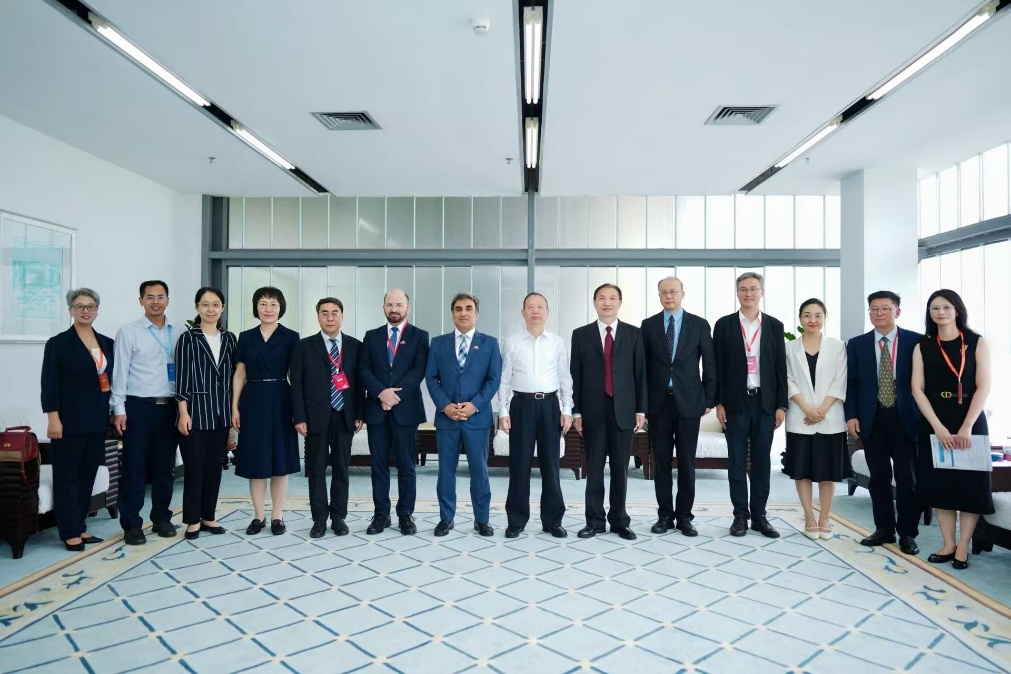
Around 150 representatives from nearly 100 universities across China and Pakistan gathered to explore new paths and models for higher education cooperation between the two countries in the context of the new era.
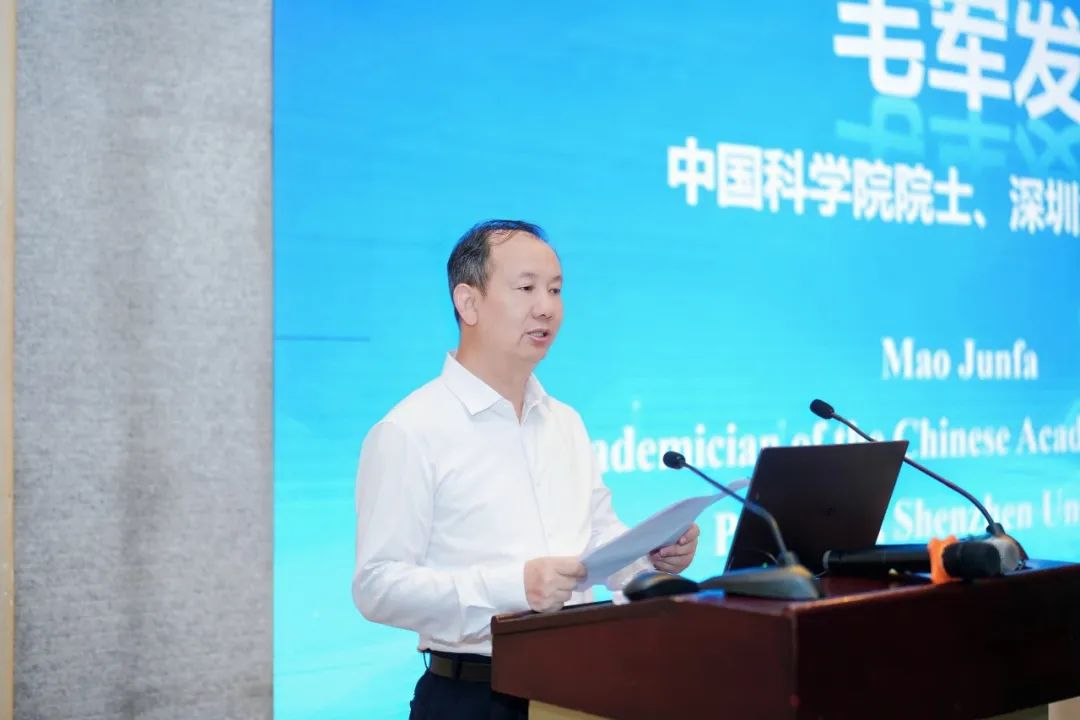
Mao Junfa, President of Shenzhen University, extended a warm welcome to all guests. He highlighted that this event represents a significant milestone in deepening exchanges and fostering development in China-Pakistan higher education. Shenzhen University is committed to supporting national strategies, leveraging the advantages of the Guangdong-Hong Kong-Macao Greater Bay Area, promoting regional economic and social development, and furthering educational and technological cooperation with Pakistani universities and research institutions. Looking ahead, Shenzhen University plans to expand its collaboration with Pakistani universities and institutions and promote high-quality development in education and technology through practical efforts between the two countries.
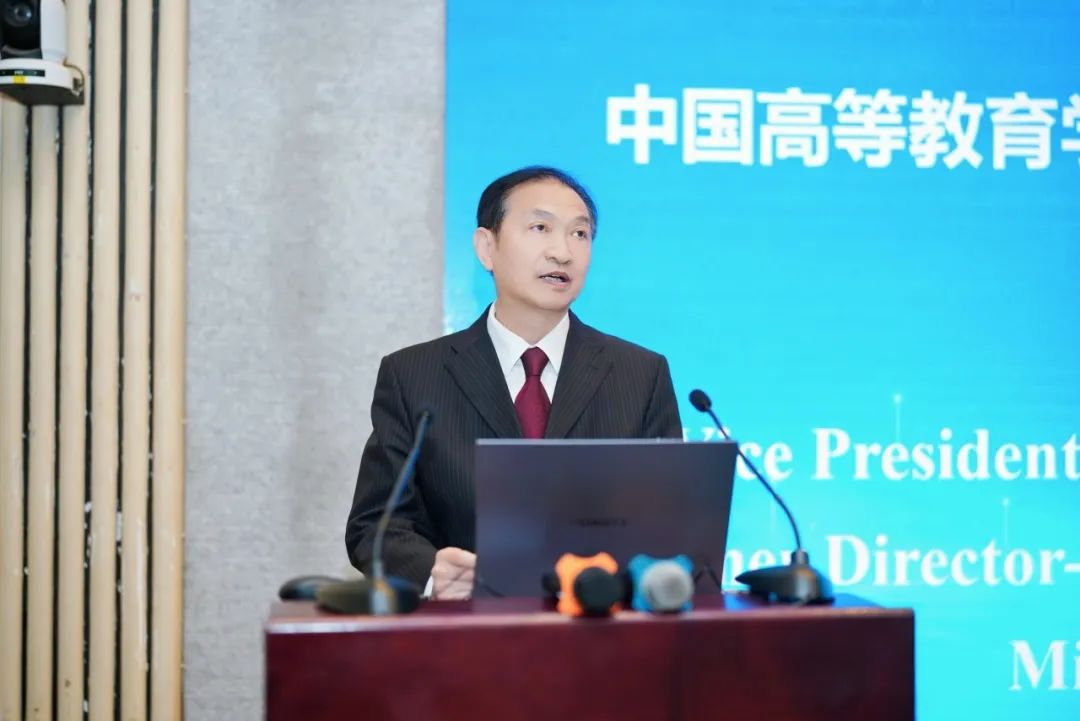
Zhang Daliang, Vice President of the China Association of Higher Education, emphasized that China and Pakistan are all-weather strategic cooperative partners, and have set an exemplary model for relations among developing countries. The upgraded development of the CPEC offers new opportunities. Both sides should seize these opportunities, adjust their development strategies, explore the establishment of university cooperation clusters, and enhance the framework for exchange and cooperation.
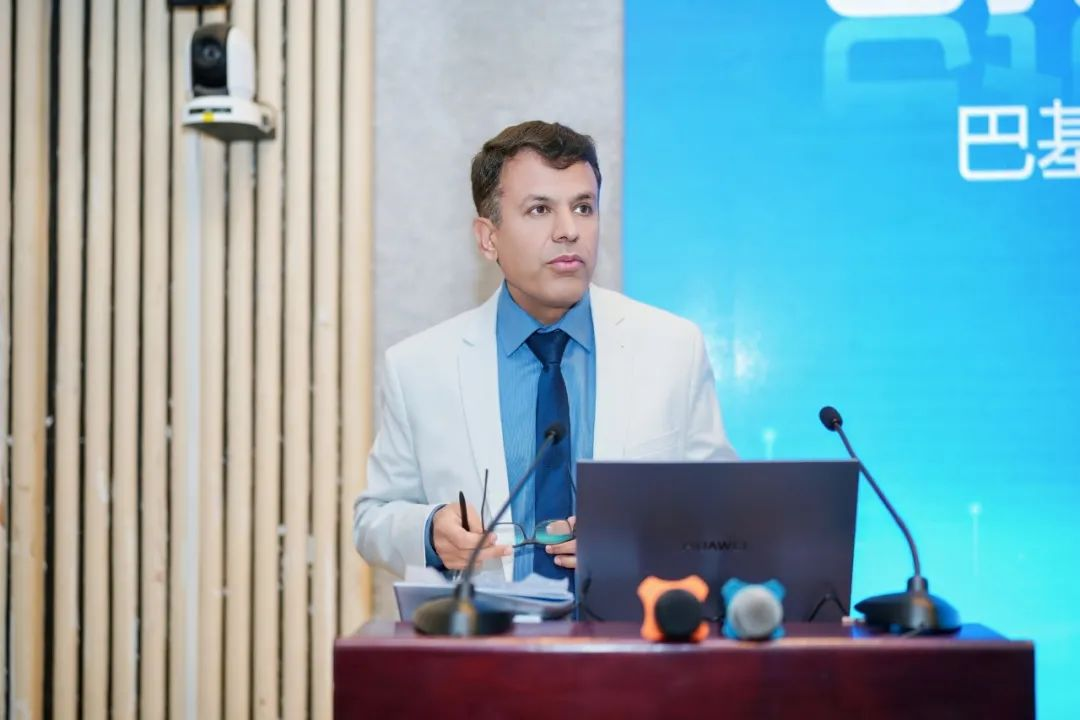
Zahoor Ahmed Bazai, head of the Pakistani university delegation and Chancellor of the University of Balochistan, noted that mutual respect between China and Pakistan is a crucial cornerstone for fostering effective exchange and cooperation. He stressed that China has consistently led in peace and technological advancement. He also expressed his hope that both countries will strengthen cooperation in areas such as technological innovation and intellectual property protection, fostering mutual benefits, promoting the sustainable development of the CPEC, and enhancing the bond of friendship between the two peoples.
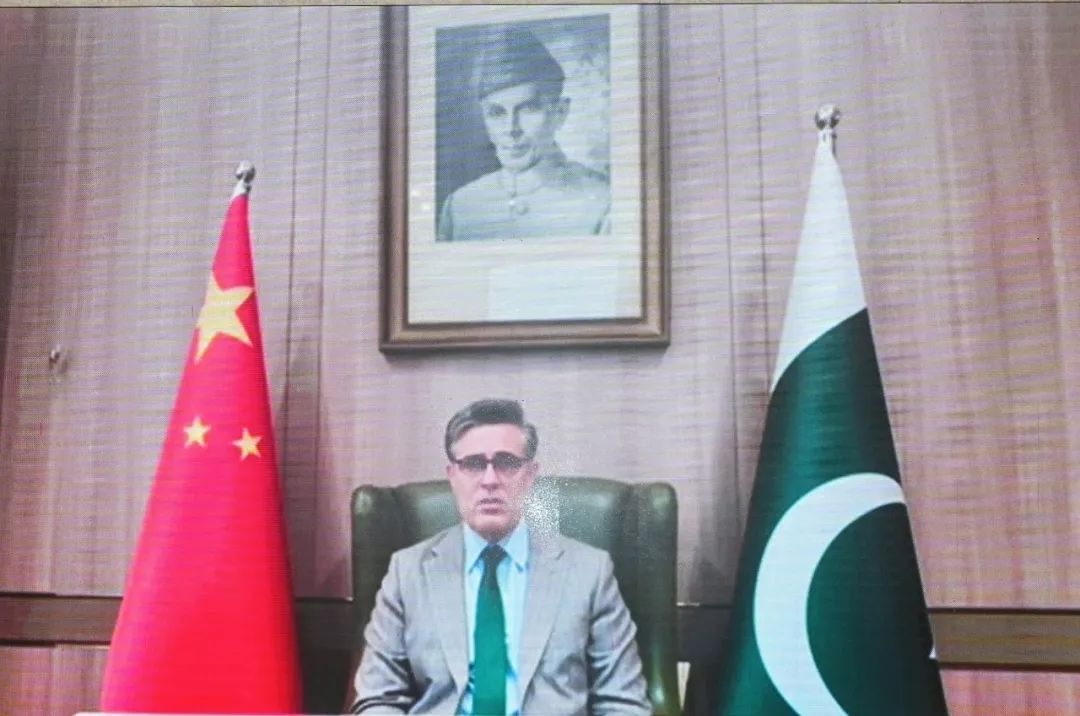
Khalil Hashmi, Ambassador of Pakistan to China, expressed his hopes for continued deepening of talent cultivation and research collaboration under the exchange mechanism in the future. He suggested enhancing cooperation through degree programs and joint laboratories, and promoting exchanges in applied sciences, artificial intelligence, and policy innovation. This would facilitate the coordinated development of industry, academia, and research institutions, continually injecting fresh momentum into the long-term growth of the CPEC.
Chen Zhimin, Vice President of Fudan University, and Safdar Ali Shah, Director General of the CPEC Authority at the Higher Education Commission of Pakistan, presented work reports on behalf of the Chinese and Pakistani secretariats of the exchange mechanism. During the conference, the 2021-2024 development report of the exchange mechanism was released, and the list of newly admitted member universities was announced. Additionally, the university think tank network for the exchange mechanism was launched.
Leaders and representatives from universities and institutions such as the National University of Sciences & Technology (Pakistan), Fudan University, the Pak-Austria Fachhochschule: Institute of Applied Sciences and Technology, Zhejiang University, COMSATS University Islamabad, Yunnan University, the National University of Computer and Emerging Sciences (Pakistan), Henan Normal University, and the University of Guadalajara shared case studies on China-Pakistan university cooperation. The session was moderated by Dai Yonghong, Director of the Institute of Area and International Communication Studies Shenzhen University.
A total of 23 experts and scholars from member universities participated in the China-Pakistan University Think Tank Forum and the China-Pakistan Youth Forum. During the events, they engaged in in-depth discussions on two key topics: "Deepening the All-Weather Strategic Partnership between China and Pakistan amid Global Shifts" and "Building a Shared Narrative between China and Pakistan through Cross-Cultural Communication".

